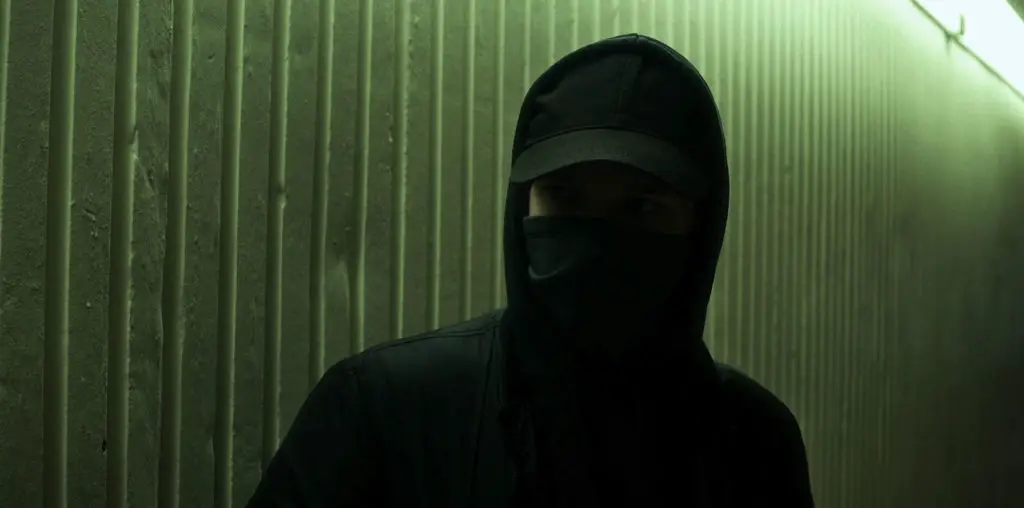
On March 16, 2003, Rachel Corrie, a young American who was in Gaza as part of the International Solidarity Movement (ISM) peace activism campaign, was killed when she tried to prevent an Israeli Defense Forces bulldozer from demolishing the home of a Palestinian pharmacist. An Israeli government investigation absolved its military of any wrongdoing, claiming that Corrie’s death was an accident and that the bulldozer never touched her – the Israeli version claims that Corrie’s fatal injuries came from being crushed by debris pushed along by the machinery. Non-Israeli eyewitnesses to the death, however, offer a contradictory account that faults the bulldozer operators with deliberate homicide.
The tragedy of Corrie’s death is the focus of Simone Bitton’s somber documentary “Rachel,” which attempts to offer a balanced record of the disputed event. This is not easy to achieve, in view of what appears to be an indifferent discussion of the event by Israeli military officers interviewed for the film (including a soldier who openly acknowledges shooting Palestinian civilians for fun) and the angst of the Palestinians that wander the war zone ruins of their occupied land.
Corrie’s activist zeal is relayed via diary and e-mail excerpts and the recollections of her ISM comrades. Yet, strangely, the film never quite spells out why Corrie chose Gaza (of all places) to express her outrage at human rights violations. In the course of the film, Corrie remains something of an elusive enigma – we never truly understand why she was driven to risk her life for the Palestinian cause. This element of Corrie’s life may explain the lack of public outrage in the U.S. regarding her death.
“Rachel” created a minor brouhaha last year at the San Francisco Jewish Film Festival, when loud protests were registered over the film’s screening. That anger, however, seemed misplaced. The film is not a broad slam against Israel, but a mature questioning of an environment where a seemingly endless war brings about nothing that even vaguely resembles a victory. It is a disturbing and heartbreaking portrait of a lost life amidst an environment of perpetual violence.
